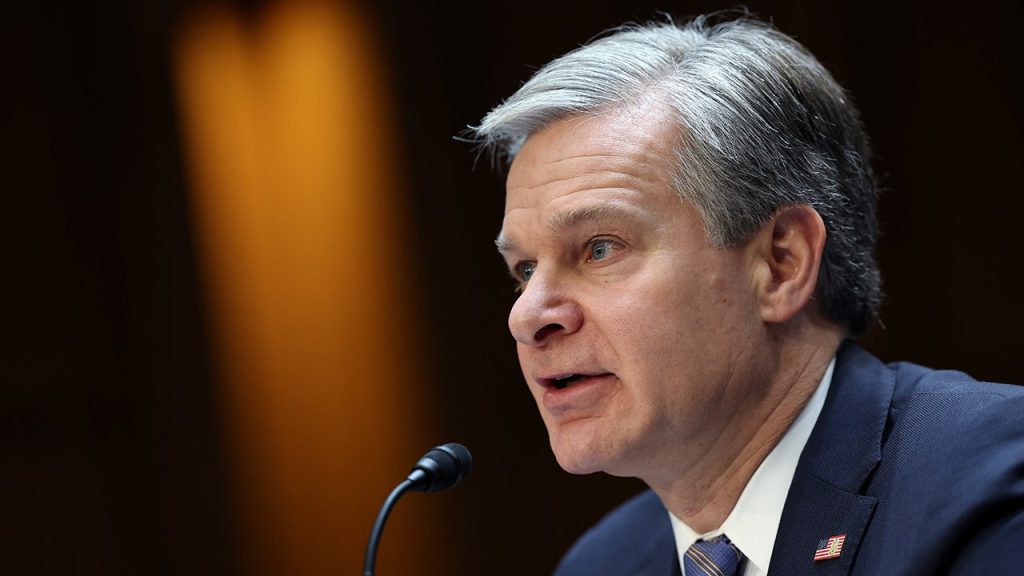FBI Director Christopher Wray has expressed concerns regarding the potential of a coordinated terrorist attack in the U.S. following recent events in the Middle East, including the Hamas-led invasion of Israel and an ISIS-K attack at a concert hall in Russia. The attack in Moscow resulted in the deaths of 137 people and over 180 wounded. Wray emphasized the need for additional funding to protect Americans from terrorism, stating that there has been a heightened risk of violence in the U.S. since the events in the Middle East began. He also highlighted the importance of tools like Section 702 of the Foreign Intelligence Surveillance Act (FISA) in combating foreign threats.
Wray informed lawmakers that the FBI’s most immediate concern is the possibility of individuals or small groups being inspired by recent events abroad to carry out attacks within the U.S. He warned that there is also a growing concern about the potential for a coordinated attack similar to the ISIS-K attack in Russia. The FBI director stressed the need for continued support and resources to address the multiple threats to public safety and national security currently facing the country. He called on Congress to reauthorize Section 702, as failure to do so would pose a significant risk to Americans’ lives.
Section 702 is a critical tool for the FBI in identifying and preventing terrorist threats in the U.S. It enables the agency to track individuals working with foreign terrorist organizations and stop potential attacks before they occur. Wray emphasized the importance of Section 702 in countering threats from China and Iran, as well as cyber threats and attacks on essential infrastructure. He warned that allowing Section 702 to lapse would significantly increase the risk of missing vital intelligence during a time of heightened national security threats.
The debate over reauthorizing Section 702 has divided lawmakers, with some arguing that it is essential for preventing terror attacks, while others raise concerns about privacy infringement. House Speaker Mike Johnson backed a bill to renew Section 702, but it was blocked by a group of House GOP lawmakers, including Bob Good, Nancy Mace, Lauren Boebert, and others. The House Freedom Caucus has raised objections to the renewal of Section 702, citing concerns about privacy and potential abuses of surveillance powers.
The fight over Section 702 reauthorization has put Speaker Mike Johnson in a difficult position, balancing the concerns of the House Judiciary Committee and its allies with those of the intelligence community and national security hawks. The Judiciary Committee has proposed an amendment that would require officials to seek a warrant before querying communications involving American citizens. However, national security-focused Republicans argue that this amendment could hinder efforts to prevent terrorist attacks by delaying critical intelligence gathering.
Wray and other national security officials have emphasized the importance of reauthorizing Section 702 to address foreign threats and protect Americans from potential attacks. The debate highlights the ongoing challenges in balancing national security needs with privacy concerns in the fight against terrorism. Wray urged Congress to support the reauthorization of Section 702 to ensure that the FBI has the necessary tools to safeguard the country from foreign adversaries and prevent terrorist attacks on U.S. soil.


